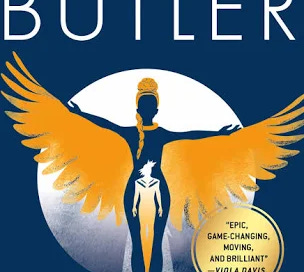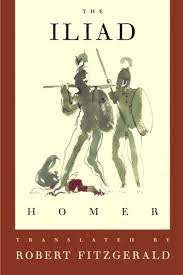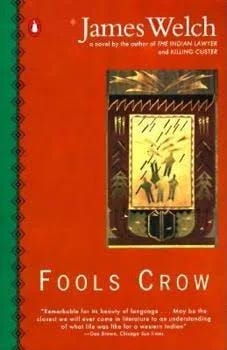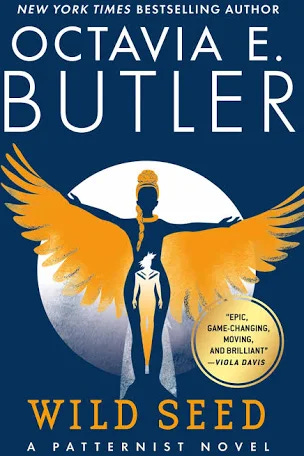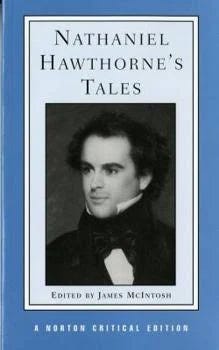The Iliad
Fools Crow, James Welch
Wild Seed, Octavia Butler
Four Souls, Louise Erdrich
Nathaniel Hawthorne’s short stories
The Iliad
In the six years I spent teaching this Greek oral epic, I came to see the rage of its protagonist, Achilles, as an altered state of consciousness. The most famous Greek warrior goes insane when his cousin and companion Patroclus dies, igniting a killing spree stopped by a defiled river. I don’t know why literary scholars always miss the fact that the Greek epics are essentially trip literature, a space where horses can talk and rivers are more powerful than warriors. The epic shows Achilles processing his rage and grief, at the same time as it acts as a cultural amelioration for the violence of the Trojan War.
Fools Crow, James Welch
The story of a Blackfoot boy’s coming of age in the late 1880s just as his tribe was pushed onto the reservation, Welch demonstrates the fertile collaboration that occurs between the unconsciousness and altered states of consciousness. Welch differentiates between dream scenes and every day reality in the beginning of the novel when his protagonist is naive, but as the main character is initiated into manhood he learns to traverse the unconscious and altered states. By the end of the novel, the main character has become a medicine man who can see the future and reality, dreams and visions have merged.
Wild Seed, Octavia Butler
In Butler’s novel a woman with healing and shapeshifting powers comes under the spell of a demon named Doro who attempts to capture her and use her for her powers. Doro keeps people with powers—who are depicted as essentially schizophrenic—as slaves, attempting to breed them into a race of super humans. Anyanwu, the protagonist, eventually escapes Doro by shapeshifting into animals, a power he helped her hone and understand.
Four Souls, Louise Erdrich
This novel follows my favorite Erdrich character, Fleur Pillager, who seduces and then takes revenge on the lumber baron who stole her family’s land and clear cut all the trees. As she embarks on her quest, takes on her mother’s secret name, Four Souls. But my favorite part of the novel is when Fanny Migwans seeks out death by being buried alive for four days and four nights, breathing through a straw. I first read Four Souls after I’d had the psychedelic visions of being buried alive that I recount in my novel. The similarities between my visions and Erdrich’s account still freak me out.
Nathaniel Hawthorne’s short fiction
My favorite author from the early American literature syllabus also wrote trip literature, although I consider both “Goodman Brown” and "May-pole at Merry Mount” bad but necessary trips. Hawthorne’s ancestors were Puritans, and much of his work attempts to reconcile the cruelty and hypocrisy of early American Christians and the white American mythology created from them. His work is all about purging colonialist legacies through altered states and, I swear, if you get it, he’s hilarious.

